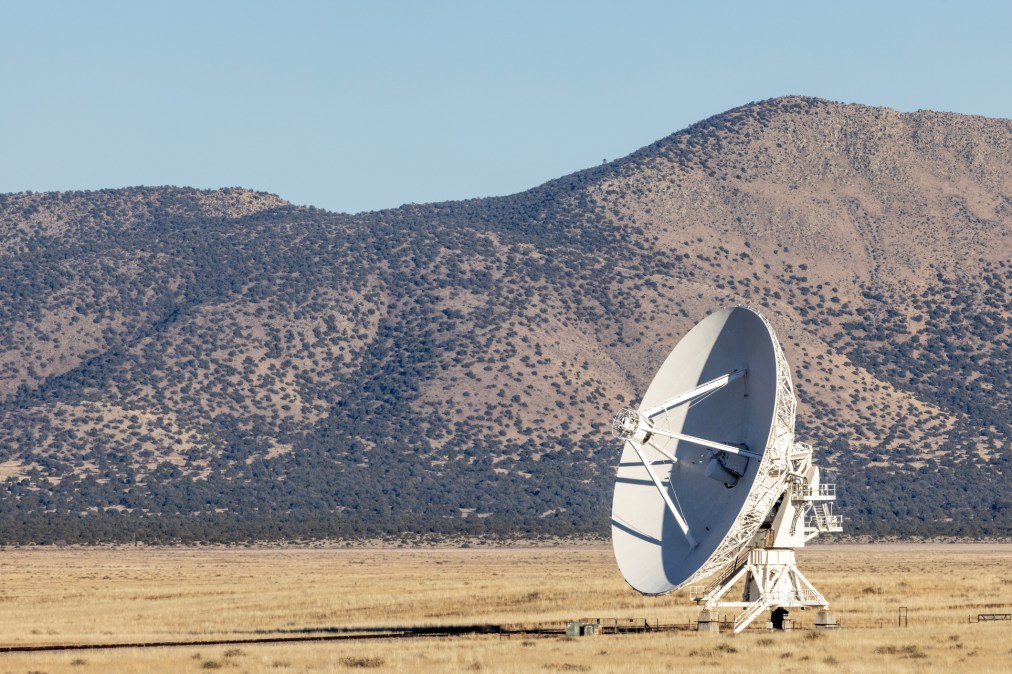GSA isn’t fully compliant with geospatial data requirements, watchdog finds

The General Services Administration is not fully compliant with a key piece of the Federal Aviation Administration Reauthorization Act that governs processes related to geospatial data, a new watchdog report found.
In a report released Monday, the GSA’s Office of Inspector General flagged unreliable geospatial datasets that contain “inaccurate latitude and longitude coordinates” and data quality deficiencies, undercutting the agency’s compliance with the Geospatial Data Act of 2018. As a result, the datasets are not meeting the legislative goals of improving public health and other services, spurring economic growth and advancing science, according to the OIG.
OIG suggested that GSA’s chief information officer address four recommendations that include implementing controls to ensure that specific datasets contain accurate coordinates based on physical location, correcting geospatial data quality deficiencies, strengthening the data validation process and establishing a process to make sure GSA searches existing data before procuring new data. Specifically, OIG found issues with the GSA’s Inventory of Owned and Leased Properties (IOLP) and the Federal Real Property Profile Management System (FRPP MS).
In response to its audit, the OIG said that “GSA implemented corrective actions designed to address our findings and improve the management and oversight of its agency-wide GSA compliance. … Notwithstanding these corrective actions, we identified deficiencies in GSA’s compliance with the” Geospatial Data Act.
OIG recommended that the agency implement controls to ensure that IOLP and FRPP MS datasets have the right coordinates for each property’s physical location based on the Federal Geographic Data Committee’s Real Property Asset Data Standard (RPADS). The GSA disagreed with that recommendation, saying that the committee’s standard “was established prior to the enactment of the GSA and is not subject to the GSA’s authority or control” and that implementing controls to align with this standard would be “premature.” The agency also expressed concern about the security implications of following the standard.
OIG, however, defined RPADS as an “appropriate data standard as defined under the GDA” and insisted that GSA is required to comply with this standard.
Additionally, GSA did not concur with a recommendation to establish a process for searching existing geospatial data before procuring new data, and instead stated that “the audit did not identify an instance of GSA purchasing duplicative geospatial data. GSA also asserted that its geospatial data purchases are immaterial.”
OIG reaffirmed this recommendation because the law requires GSA to “search all sources prior to purchasing geospatial data” and that the agency “does not have an effective process in place to meet this requirement.”
The agency partially concurred with OIG’s recommendation to correct data deficiencies identified in the report, “but did not clearly state the reason why it partially concurred with this recommendation.” In comments regarding the report, GSA “asserted that IOLP and FRPP MS datasets are highly accurate but did not dispute that the data errors we identified should be corrected.” OIG reaffirmed the recommendation.






